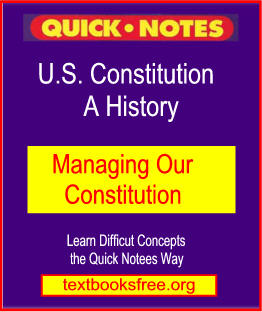1945
Foundation for Economic Education
began the push for Laissez Fair Capitalism.
Business Interest decided to unite
after Conservative L. Johnson accomplished J.
Kennedy Liberal Agenda.
1971
Powell Manifesto,
a memo from soon to be Supreme Court Justice in
which Louis Powell
advised the Chamber of Commerce that it had to
organize businesses into a political force because,
he claimed, corporations and the free market system
were
“under broad attack,
..."

1972 Business Round Table created to encourages business political activity.
The Chicago Boys represented another consortium fostering neoliberal/conservative economics.
1982
"A consortium of students and professors based at
Yale Law School founded the Federalist Society in
1982" to helped recruit and provide career support
for bright legal minds. It provided
social-professional networks to connect law students
with influential senior mentors. Reagan's Attorney
General Edwin Meese helped with the administration’s
selection of 400 federal judges using ideological
profiling that made a conservative criteria
important. Meese succeeded in the selection process
and convinced many they were fulfilling founding
father intentions. The Institute for Justice, the
Center for Individual Rights and rightward
philanthropists/organizations Joseph Coors, Charles,
David Koch, and the Olin Foundation contributed much
money to law schools like George Mason University.
Schools with supportive of conservative professor
whose research and ideas would educate students.
Source 1
Source 2
The following controversial decisions that needed a swing vote


